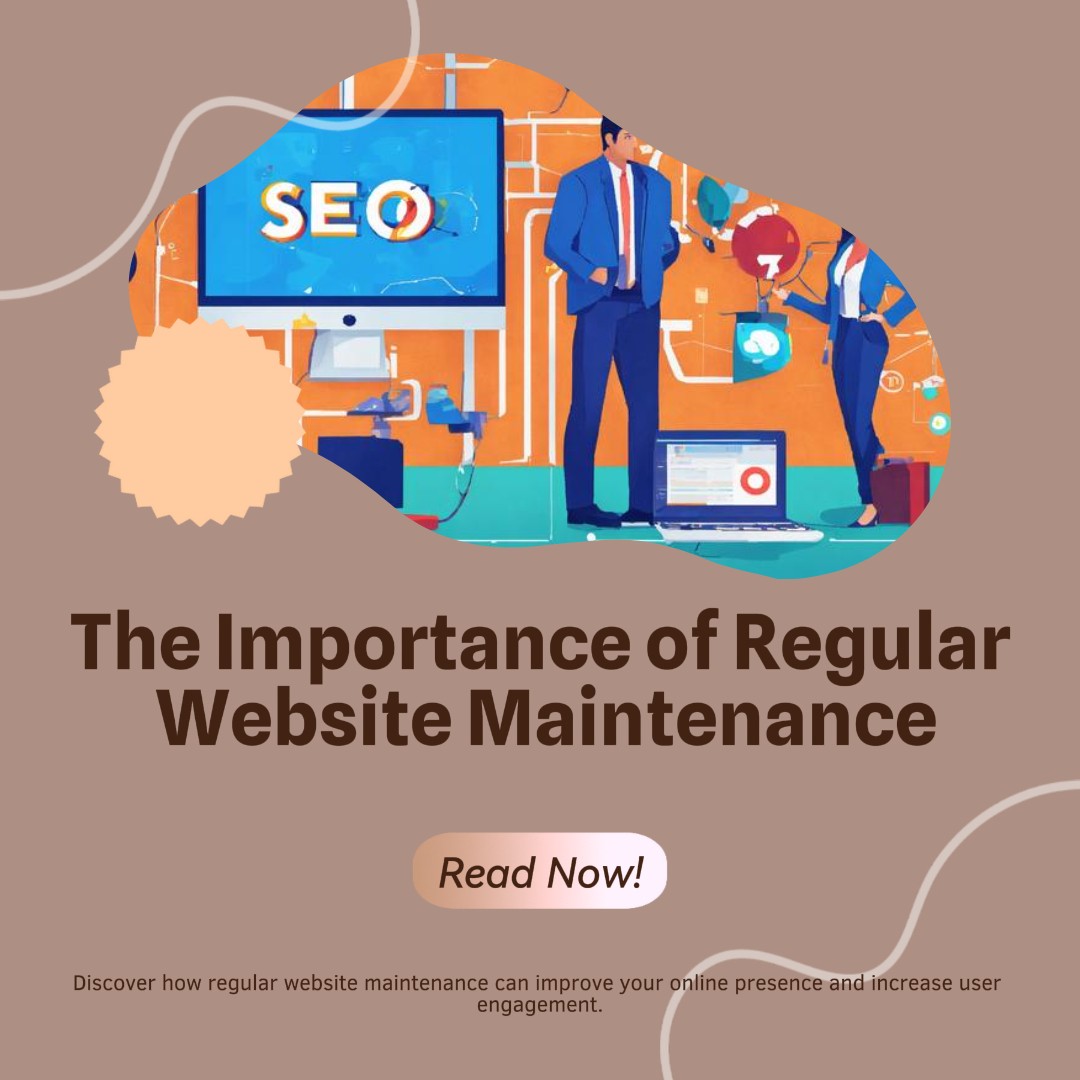Nowadays, the internet is widely evolving, and because of that, exposure to businesses through their website may be the very first interaction a potential customer will have. But did you ever stop to consider that the performance of your business’s website is directly related to the web hosting that has been chosen? In this essay, we shall examine various aspects of web hosting from the point of view of its impact on the speed, security, and usability of a website and the reasons for why such a choice is essential for the success of a business operating online.
Address Of The Web Hosting: Introduction
A website vis-à-vis a business striking enterprise is created as an e-commerce site that outspans simple browsing rather than being a blog or a net flyer. Given that they have tackled the technical aspects, any web hosting service is equally acceptable to them. So what is web hosting? And how does it relate to your website? Let’s explore these queries.
What is Web Hosting?
Consider your website a book, and web hosting as the place where the book is stored. Every book would require a shelf on which it would be displayed, in the same manner, a website requires space on some server in order to be accessible online. It is a service that encompasses all the technology and facilities required for the storage of your website’s files and makes them user-accessible constantly.
Shared Hosting
Shared hosting is compared to renting a bedroom in a house. Bandwidth and storage space are shared among a number of websites, hence being cheaper yet possibly slower.
VPS Hosting
A Virtual Private Server is compared to renting an apartment. You are given more resources and dedicated attention. This presents a midpoint between price and efficiency.
Dedicated Hosting
Dedicated hosting is comparable to owning an entire apartment. The entire server will be in your hands, although it is expensive and suitable for high-traffic websites.
Cloud Hosting
Cloud hosting is like being in a cooperative where facilities are dispersed across different servers. This allows the site to cater for peak period configurations and prevents crashes when demand is high.
The Influence of Web Hosting on Site Performance
Has it ever happened to you when you open a web page and see an infinite rotating wheel? Annoying, right? Remember, a lot is at stake when it comes to website speed. It does not only affect users’ experience but the website’s ranking on search engines as well. The speed of loading your website is greatly dependent on the kind of web hosting services that you decide to go with.
Geographical Area of the Server and Speed
Geographic locations of hosting servers can be very important in relation to the speed of accessing web pages. The further away from your users the web server is, the longer it will take for your webpage to load. For this reason, it is common for most companies to choose hosting services that have their data storage facilities near the market area they want to reach.
Bandwidth and Traffic
Bandwidth refers to the extent of data that can be uploaded or downloaded from the website at any given period. In case of unexpected high traffic on the website, a hosting plan with less capacity for bandwidth may cause the website to become inactive. Sufficient bandwidth management is essential to ensure speed and availability at all times.
Security Assessment of Web Hosting
Just as one would not leave the front door of their house unlocked, one must not lose sight of the aspect of web hosting security. Without a secure hosting environment, one cannot protect the website against hacking, malware, and other cybercrimes.
SSL Certificates
SSL certificates protect information during transmission over the internet. They encrypt all the information sent and received on your website. Hosting companies provide numerous services, and an SSL certificate is a must for security and SEO.
Backups and Recovery
Things do happen, and as you might think, disadvantages are always covered by the level of your hosting strategy. In such cases, it is important to create regular backups. It is beneficial when the hosting provider has automatic backups that help restore your site easily if the data gets lost.
How Web Hosting Affects Search Engine Optimization
Waking up in the morning only to find out that your web hosting is the cause of low placement in search engines can be frustrating. Search engines like Google consider factors such as website speed, uptime, and security before ranking them.
Uptime and SEO
Uptime refers to how long your website is up and running. If your website is constantly down, search engines will downgrade your rank. This emphasizes the importance of selecting a web host with a good uptime track record.
Mobile Optimization
As more people go online using their mobile devices, it is important to have a mobile-optimized website. Some web hosting services include mobile optimization features to enhance the SEO of your site and ensure no issues with the speed of your site.
How Downtime Impacts Your Business
Think about your website going offline at the peak of sales activity. Every minute of this period is a minute where money is not made, a reputation is ruined, and angry clients accrue. One of the causes of downtime is the web hosting company, and when this is reliable, downtimes are extremely reduced.
Monitoring and Alerts
Numerous hosting companies include monitoring solutions in their packages, whereby you will be notified whenever your website goes offline. This allows you to react quickly, minimizing the impact on your business.
Redundancy and Failover
Some hosting services include redundancy and failover options, which redirect traffic to a backup server if the main one goes down. This ensures accessibility of the web page even when the main server faces technical difficulties.
Scalability: Preparing for Growth
As your enterprise grows, your website will attract more traffic. It is important that your web hosting can evolve as well, ensuring the growth does not compromise speed.
Flexible Hosting Plans
A large percentage of hosting companies offer flexible plans that enable customers to scale their resources as their websites expand. This prevents lagging during sudden increases in traffic when fast website response is needed.
Cloud Hosting for Scalability
Cloud hosting is ideal for businesses likely to grow substantially. This type of hosting allows the distribution of resources across multiple servers, preventing a sudden traffic increase from causing issues.
Customer Support: Why It Matters
No matter how tech-savvy you are, there will be times when you need assistance with your hosting. Whether it’s addressing an expired domain or increased customer support needs, reliable support is crucial.
Support On Call 24/7
It is wise to choose hosting providers that are always available to handle customer inquiries, regardless of the time. Issues can arise at any time, and knowing that help is just a call or chat away is reassuring.
Support Articles and Support Videos
Support articles and help videos can be tremendously useful. These tools help you solve problems independently, saving time and minimizing the need to contact customer support.
Cost vs Performance: The Art of Compromise
The phrase “you get what you pay for” applies to web hosting. While seeking cheaper options is normal, it’s essential to weigh the benefits against the costs.
Host for a Budget
Budget hosting plans are attractive, but many customers are unaware that such plans often come with restrictions, such as slower performance, reduced security, or limited customer service. In the long term, these compromises can lead to higher costs.
Host for Premium Rate
Premium hosting plans are generally more reliable in terms of performance, security, and support, but they come at a higher cost. However, this investment is often worth it, especially if your website is crucial to your business.
Conclusion: Making a Perfect Decision and Choosing the Right Web Host
Choosing the right web hosting service is one of the most important decisions when establishing a website. It influences the speed, security, and SEO of the website. With careful consideration, you can select a web host that enhances your website’s performance and helps achieve your business goals.
FAQs
- Could you explain the difference between shared and VPS hosting?
Shared hosting places several websites on the same server simultaneously, which can affect performance. VPS (Virtual Private Server) hosting guarantees dedicated resources, improving performance.
- How serious is web hosting to the SEO of any web page?
Web hosting plays a significant role in SEO. Factors like website speed, uptime, and security are all influenced by hosting and can boost your search engine rankings.
- What factors should I consider when choosing a web host provider?
Consider server location, bandwidth, security features, customer support, and the scalability options provided.
- How important is uptime for my website?
Uptime is crucial as it determines how long your website is accessible online. Frequent downtime can lead to significant revenue loss and lower search engine rankings.
- Is the cost of premium hosting justified?
Premium hosting is justified if your website is critical to your business. While low-cost hosting may offer basic satisfaction, premium hosting typically provides better performance, security, and support.
Relevant Links:






